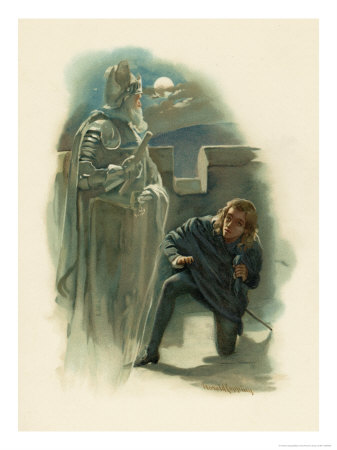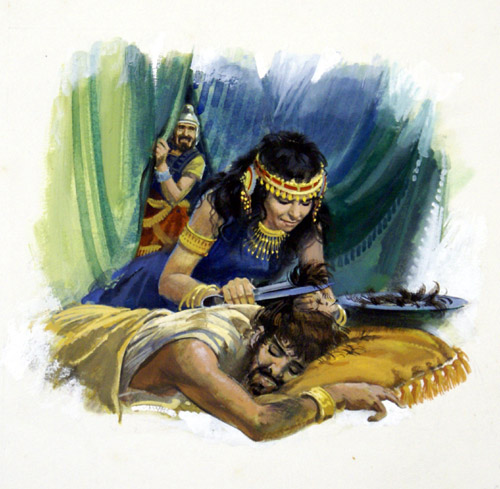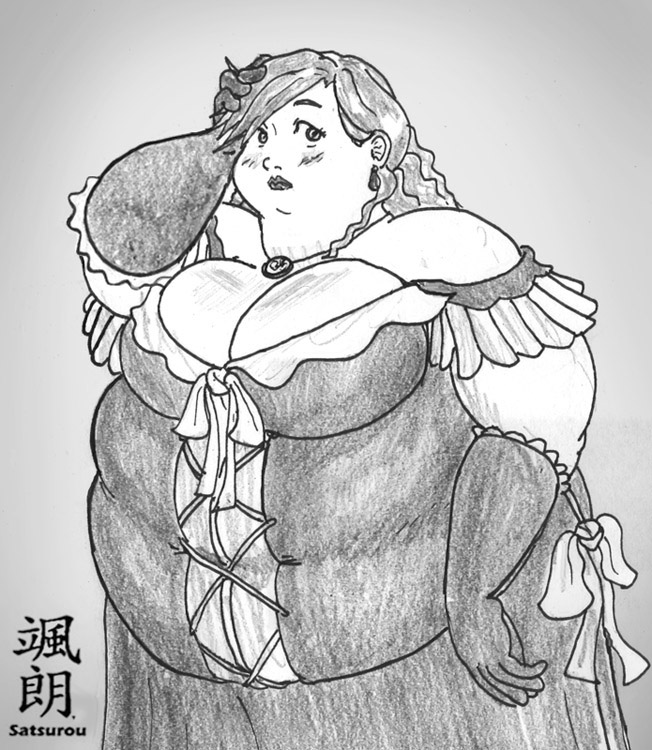We did it!! Congratz everyone and well done on your projects. I was quite impressed with the other projects and how well everything turned out. I loved seeing all the artwork and how it related to Hamlet. The music video was exceptionally well done and had so much emotion in it. The play was probably my absolute favorite part. It was very cool to recap on three classic couples in Shakespeare's plays and see how they interacted.
So then to the project that I was part of. All of it was so fun and I really learned a lot about audio recording and editing. Then just figuring how to record specific characters and where the sound should come from in relation to everyone else was definitely an interesting way to analyze the play. We recorded our audio in stereo, so even where the actors stood in relation to the microphone changed the way that the recording sounded. So part of recording was figuring out who had the most important part of the dialogue and closer to the center of the microphones.
So now to the learning outcomes!
1. How have I gained Shakespeare literacy?
I've read some pretty fantastic Shakespeare books that I probably wouldn't have read otherwise. I learned new ways to interpret Shakespeare and how to really delve into the text and relate it to myself. I also saw some pretty fantastic Shakespeare plays. The performance we saw of The Winter's Tale at the beginning of the semester was my first Shakespeare play that I saw performed. It was such a different experience realizing how different interpretations could be conveyed in sets, lighting, and costuming.
2. How have I analyzed Shakespeare critically?
I didn't blog very consistently towards the end of the semester, but what I did post about King Lear was attempting to understand the psychology of the characters themselves better. I had a post all about familial connections and how Gloucester's difference in treatment between his sons resulted in such a significant difference between Edmund and Edgar. I also enjoyed tracing parallels between Shakespeare's works and other examples of the archetypes Shakespeare portrayed, such as the similarities between Caliban and Grendel.
3. How have I engaged Shakespeare creatively?
Well, the final project was a pretty good example of creatively engaging Shakespeare. Figuring how to record, edit, and how to change things around to sound better or better exemplify characters and themes. Another thing that I did this semester was participate in a performance of The Complete Works of William Shakespeare Abridged, which helped me see the crucial elements of Shakespeare's plays, then figure out exactly how the short summaries should be portrayed.
4. How have I shared Shakespeare meaningfully?
Our final project was posted on youtube so that anyone wanting to hear it can search for it and find it. Performing in Shakespeare Abridged really helped me reach out to a larger group of people. It helped me reach out to some of my friends. One person who saw us perform had not read a Shakespeare play before. Then after he saw us perform, he started reading Hamlet. I also shared Shakespeare by showing my blog with some of my family members and friends. My roommate is a big fan of Harry Potter so I showed her my blog post about J.K. Rowling's Hermione. Another friend of mine is a fan of Pokemon so I showed him my blog post comparing Ash and Misty with Benedick and Beatrice. I also shared Much Ado About Nothing with my little brother and exposed him to his first Shakespeare play.
To wrap up, I really enjoyed this class. It really forced me to look at Shakespeare in a different way and it was so much fun delving deeper into the plays than I had before gone. I'm definitely going to keep loving Shakespeare!















































